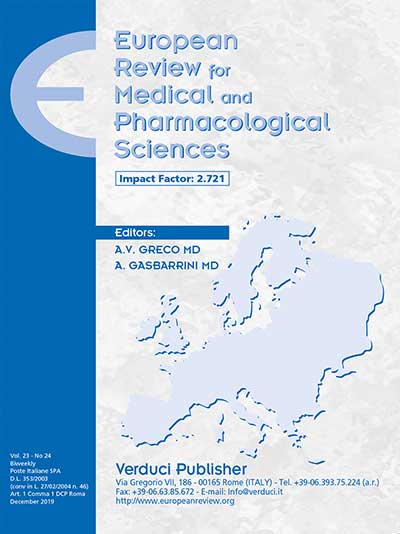Authors:
Montanino Oliva M, Zuev V, Lippa A, Carra MC, Lisi F.Abstract
OBJECTIVE:
The aim of the study is to investigate the efficacy of a treatment with myoinositol plus L-tyrosine, selenium, and chromium in women with polycystic ovarian syndrome (PCOS).
PATIENTS AND METHODS:
One hundred and eighty-six women, with diagnosis of PCOS, were divided in four groups according to their clinical features. Phenotype A: androgen excess + ovulatory dysfunction + polycystic ovarian morphology. Phenotype B: androgen excess + ovulatory dysfunction. Phenotype C: androgen excess + polycystic ovarian morphology. Phenotype D: ovulatory dysfunction + polycystic ovarian morphology. All patients were given daily for six months a compound with 2 g myo-inositol, 0.5 mg L-Tyrosine, 0.2 mg folic acid, 55 mcg selenium, 40 mcg chromium. Hormonal assessment, BMI, Ferriman-Gallway Gallway score, HOMA index, and follicular monitoring were reported before starting the therapy, three months and six months after.
RESULTS:
Phenotype A showed an improvement, consistent with restored ovulation: more regular length of the menstrual cycle, detection of periovulatory follicle at ultrasound, and rising of progesterone in the luteal phase. A total of 45 patients (65.2%) ovulated after six months. In the same period glucose and HOMA index decreased. In the phenotype B, 80% of patients ovulated after six months. An improvement of the clinical and biochemical sign of hyperandrogenism was also reported. In the phenotype C, after BMI had followed the treatment for six months, it decreased in a statistically significant manner. In the phenotype D, 49 out of 82 women (59.7%) restored their regular menstrual period and ovulated.
CONCLUSIONS:
Our study reported how the synergistic action of myoinositol, L-tyrosine, selenium, and chromium could restore normal menstrual cycle, ovulation, and decrease weight in these patients.

